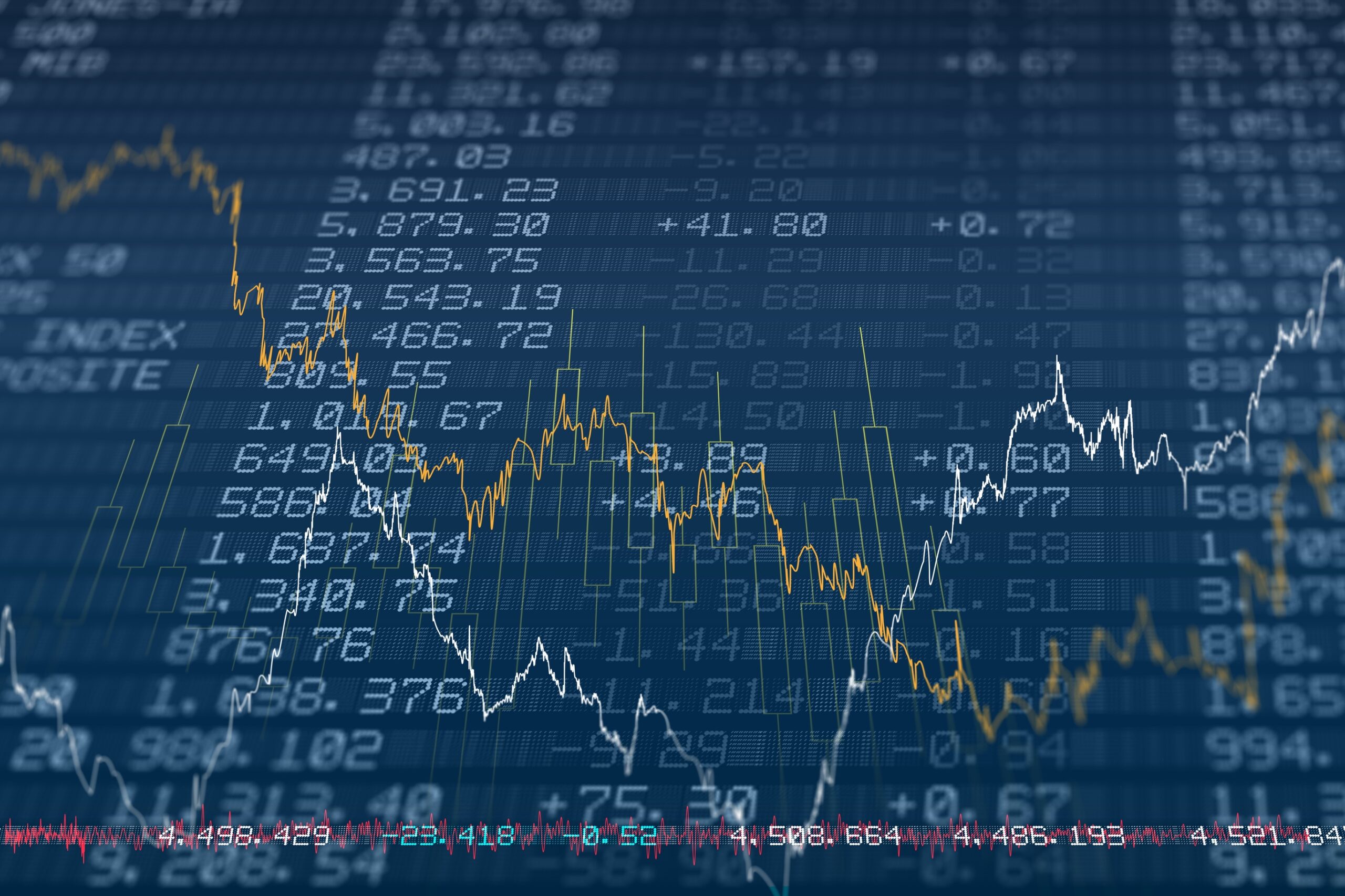The GameStop hearing that was held in February (the next one is slated for March 17) brought to painful relief many of the market inefficiencies and inequalities that private investors, institutions, and think-tanks have long contented limit the upward mobility of private investors and unfairly stack the odds against non-institutional buyers and sellers. The explosive collision between professional Wall Street traders and individual investors – facilitated by mass-market apps and platforms such as Reddit and Robinhood – made it clear that much needs to be done to reform the financial services sector, improve oversight, and make public markets fairer and more equitable to all.

To fully understand the importance of the events in play, here is a quick primer on what has happened so far.
On February 18, 2021, the House Committee on Financial Services held a hearing to investigate the meteoric stock price rise of GameStop, a videogame retailer that operates about 5,000 brick-and-mortar stores countrywide. The mass transition from in-store to online shopping (which further accelerated because of the coronavirus pandemic) had GameStop in troubled waters for some time, and its stock had been shorted by many institutional investors on Wall Street that expected the company to go under.
“Shorting” is a type of investment in which you bet that a stock’s price will fall. To short a stock, an investor will borrow and then sell the stock at its current price with a promise of returning the stock to its original owner before a certain date. By the time that date rolls around, as long as the stock’s price has fallen, the investor can purchase it at a price lower than what he or she sold it for, return it to the original owner, and pocket the difference.
What happened, however, was that a band of investors (often referred to as retail investors or day-traders) started buying as much GameStop stock as they could. Some contend that these investors illegally coordinated activities on Reddit, a social platform, even though some of them had purchased the stock more than a year ago believing that GameStop had the potential to turn itself around and reinvent itself for the digital and online trading worlds. Over time, however, thanks to easy access to company financials and the closing of information asymmetry gaps between professional and retail investors, more and more private individuals got on board when it became clear that the number of shorted GameStop stocks exceeded the total supply of stocks. In other words, there was no way all of the shorted stocks could be returned, and private individuals continued to buy GameStop, driving its price higher and higher.
As a result, many of the Wall Street investors who were betting that GameStop stock would fall and wanted to purchase it at lower prices to return the shares they had borrowed lost billions.
Throughout the entire saga, much can be said about how Robinhood restricted the trading of GameStop shares when it seemed prices were spiraling out of control, especially in light of how the company makes money. Robinhood’s revenues come from three primary sources: margin lending, interest earned on customers’ cash balances, and selling order information to high-frequency traders. The sale of order information is of particular interest because it creates an agency problem for Robinhood: should Robinhood help small-time traders execute profitable trades, or should it continue to sell information to large institutional investors that pay the bills? The practice is what compelled the SEC to open an investigation into the company in September 2020.
Armed with order information from trading platforms such as Robinhood, institutional investors such as hedge funds can jump the queue on profitable trade orders placed by the general public, and the SEC has even fined exchanges and brokerages in the past for these kinds of “hide not slide” orders that allow high-frequency customers to avoid slippage (price changes caused by changes in liquidity) – all at the expense of private individuals and/or non-institutional traders.
These practices are precisely what many in the financial oversight and ethics spaces feel warrant industry-wide changes to current rules and processes. For example, Dr. Chris Brummer, a Georgetown law professor and author who lectures widely on fintech, financial regulation, and global governance, has long spoken about the inequalities that many – whether minorities, retail investors, or small businesses – face when it comes to trading and financial freedom and independence. Some of Dr. Brummer’s work includes lending his expertise to nonprofits and policymakers and guiding firms and governments on how they can better understand and respond to new developments and challenges in the financial system – such as the uncoordinated yet impactful actions of private individuals on public forums or questionable practices by platforms such as Robinhood that take restrictive actions or bend the rules when things are not going their way. And in a recent podcast, he discussed the role of social media and technology in markets with a range of experts including former CFTC general counsel Patrick McCarty and Emory’s Kristin Johnson.
There is much that needs to be done, but what recent events have taught us is that new apps and platforms have somewhat leveled the playing field, and maybe it’s time for the law to adapt to the new normal we find ourselves in. Events of the past are only as useful as the lessons they teach us, and we need to move forward with a renewed conviction that changes need to be made to make our markets and policies fairer for all and that we need a system that can understand, process, and respond to the unexpected or the unforeseen methodically and equitably. Dr. Brummer and other thought leaders can help chart the path we need to take, and the progress our markets make can benefit us all.